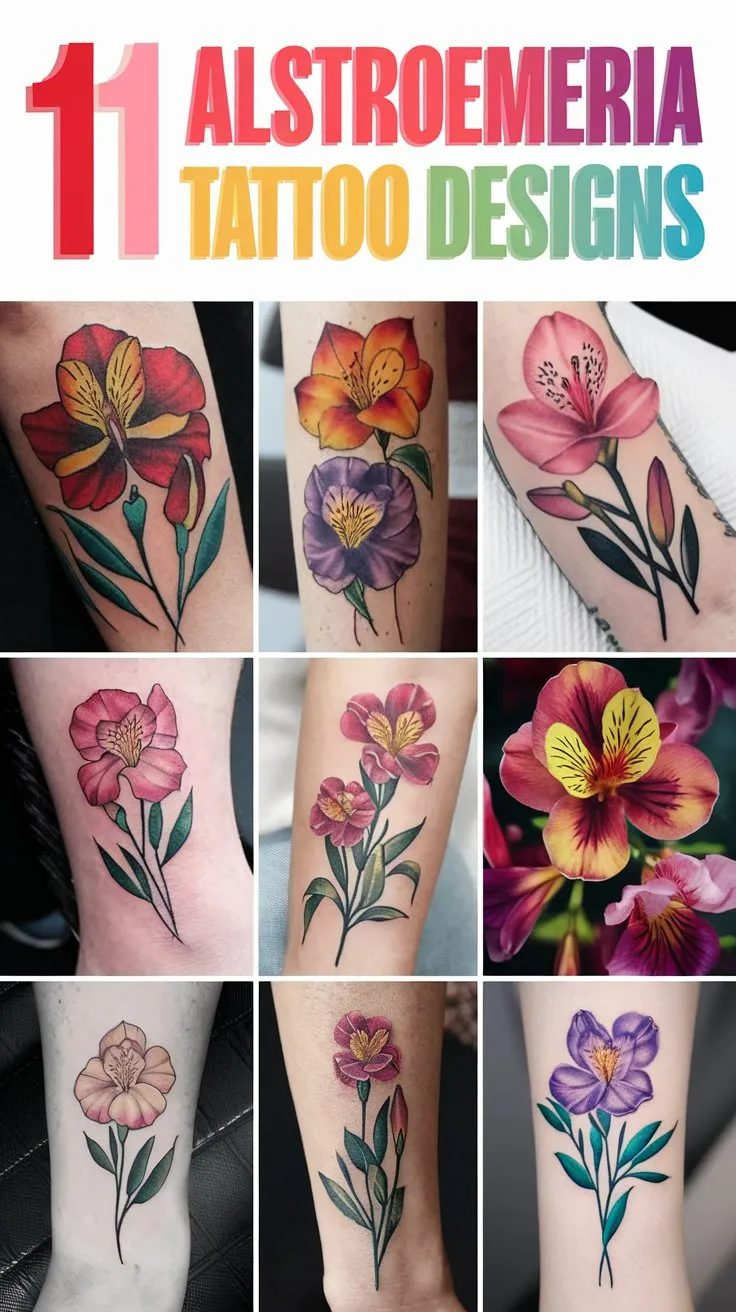Japanese Tattoo Meanings & Symbolism
Japanese tattoos carry deep meanings and symbolism. Each design tells a story, reflecting cultural beliefs and personal experiences. For example, the koi fish symbolizes perseverance, while cherry blossoms remind us of the fleeting nature of life. These tattoos express strong messages and invite you to consider your emotions and strength. What stories could your skin share?
Key Takeaways
Koi fish tattoos represent perseverance and strength. They symbolize the journey of overcoming challenges and personal struggles.
Cherry blossoms illustrate the fleeting beauty of life. They encourage appreciation for transient moments and connections.
Dragons embody power, wisdom, and protection. They act as spiritual guardians and represent inner strength and personal stories.
Tiger tattoos symbolize courage and ferocity. They inspire individuals to embrace their inner strength and resilience in difficult times.
Hannya masks reflect the complexity of emotions. They represent change and personal growth through experiences of jealousy, anger, and sorrow.
The Koi Fish: Symbol of Perseverance and Strength
The koi fish is a prominent symbol in Japanese tattoos, representing perseverance and strength. This vibrant fish illustrates the ability to overcome challenges.
In koi mythology, the story of the koi swimming upstream to become a dragon showcases resilience and determination. Japanese culture holds koi in high regard for their tenacity, making them popular tattoo choices for those who want meaningful designs.
Each koi tattoo can symbolize personal struggles and victories, creating a sense of connection among those with similar experiences.
Cherry Blossoms: Embracing the Transience of Life
Cherry blossoms symbolize the beauty and fleeting nature of life. Each spring, these delicate flowers bloom brightly, only to fall within days.
This cycle reminds us to appreciate life's brief moments. By accepting this impermanence, we learn to value each experience and connection.
In Japanese culture, cherry blossoms serve as a reminder that beauty exists in temporary things, encouraging us to savor every moment.
Dragons: Power, Wisdom, and Protection
Dragons hold a significant place in Japanese culture. They symbolize power, wisdom, and protection. In mythology and tattoo art, dragons serve as important icons. Choosing a dragon tattoo means embracing their cultural importance.
In Eastern beliefs, dragons act as spiritual guardians. They represent strength and kindness. Having a dragon tattoo connects you to ancient traditions and reflects a desire for inner strength.
Various tattoo styles, from bold lines to detailed designs, showcase the dragon's majestic form. Each tattoo tells a unique story. By getting a dragon tattoo, you display art that connects to a legacy of empowerment and wisdom in Japanese culture.
This connection makes the tattoo meaningful and personal.
Tigers: Courage and Ferocity
In Japanese tattoo art, tigers symbolize courage and ferocity. They contrast with the wisdom of dragons.
Tiger symbolism is important in Japanese culture. It represents strength and the spirit of survival. Traditionally, tigers symbolize the ability to overcome challenges. This inspires those who get tiger tattoos to embrace their inner strength.
The significance of tigers goes beyond looks; they show a strong will to face difficulties. Choosing a tiger tattoo connects you to bravery and resilience. Your tattoo then becomes a symbol of strength, inviting respect and admiration.
Waves: The Flow of Life and Change
Waves in Japanese tattoo art symbolize the flow of life and change. They represent the ocean's constant movement and the transformations found in nature. Just as tides rise and fall, life experiences go through different phases, each marked by significant changes.
Adding waves to your tattoo design reminds you that change is a natural part of life and essential for growth.
These flowing shapes symbolize resilience and adaptability, encouraging you to welcome life's unpredictability. By choosing waves, you connect to a broader story that celebrates the beauty of change and the lessons learned along the way.
Hannya Mask: The Complexity of Emotions and Transformation
The Hannya mask represents more than just a vengeful spirit. It tells a story about emotions and change.
The mask symbolizes jealousy, anger, and sorrow, highlighting key aspects of human feelings. Its detailed design shows the contrast between beauty and rage, reminding us that emotions can change.
This transformation speaks to many people, showing that pain can lead to personal growth. By recognizing the Hannya mask, you accept that even negative emotions can provide strength and insight.
Thus, the Hannya serves as a powerful reminder of your emotional journey.
Frequently Asked Questions
What Is the Historical Significance of Japanese Tattoos in Culture?
During the Edo period, tattoos gained significance in Japan. They served as cultural symbols that reflected social status and personal identity. Tattoos fostered a sense of community, combining artistic expression with traditional values and personal stories. Through these designs, individuals showcased their heritage and connected with others, creating a rich tapestry of cultural meaning.
How Do Japanese Tattoo Designs Differ From Western Tattoos?
Japanese tattoo designs feature detailed traditional techniques and deep cultural themes, often highlighting nature, folklore, and spirituality. In contrast, Western tattoos prioritize personal expression and modern imagery, showcasing a variety of styles that reflect individualism and contemporary culture.
Are There Specific Colors That Hold Special Meanings in Japanese Tattoos?
Yes, specific colors in tattoos have important meanings. Red represents bravery, black symbolizes protection, and blue signifies tranquility. Knowing these meanings can enhance your tattoo experience and deepen your connection to Japanese culture. Understanding color symbolism adds value and significance to your tattoo choices.
What Should I Consider Before Getting a Japanese Tattoo?
Before getting a tattoo, think about your pain tolerance. Research aftercare instructions as well. Knowing these will help you prepare for the experience. Proper care will strengthen your connection to your tattoo.
How Can I Choose a Tattoo Artist Skilled in Japanese Styles?
To choose a skilled tattoo artist, look at their portfolio and check for different styles. Ensure they understand and respect Japanese tattoo culture. Talk to artists who can turn your ideas into art. This will help create a meaningful experience you will enjoy and remember.

